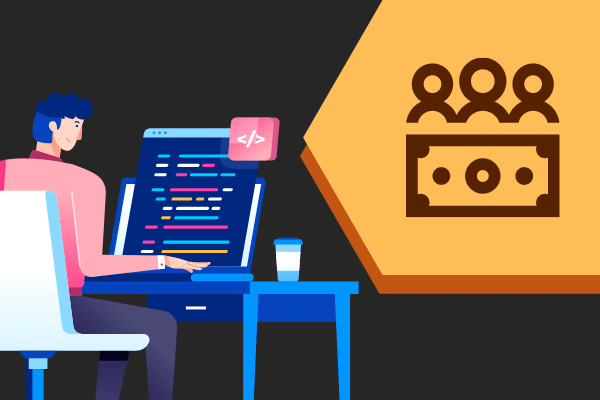In an effort to persuade US regulators to change their minds about privacy mixers, a former Tornado Cash engineer claims to be developing a new crypto mixing service that seeks to address a “critical flaw” of the sanctioned crypto mixer. Ameen Soleimani, the mixer’s developer, published the code for “Privacy Pools” on GitHub on March 5.
The fundamental issue with Tornado Cash, according to Soleimani, is that users cannot confirm their lack of ties to the Lazarus Group in North Korea or any other criminal organisation, according to a Twitter thread he started.
Soleimani claims that using Privacy Pools, depositors and withdrawers have the option to decline an anonymity set that includes an address linked to funds that has been stolen or laundered. He explained that this feature is powered by zero-knowledge (ZK) proofs, ensuring the preservation of the user’s privacy.
“Now, users have the option to help regulators isolate illicit funds, without revealing their entire transaction history.
With privacy pools, just because someone deposits into the same smart contract as you, it doesn’t mean they can also force you into sharing an anonymity set with them. It’s your choice.”
Ameen Soleimani
Without requiring broad regulation or compromising on crypto principles, the developer expects that the approach will enable “the community to defend against hackers abusing the anonymity sets of honest users.”
Even though Privacy Pools is now live on Optimistic, the first iteration of the privacy protocol is still in its “experimental” stage because the code is incomplete and hasn’t been inspected, but Soleimani said he is nearing completion.
Soleimani wants to see the protocol advance by allowing on-chain forensics tools like Chainlaysis and TRM Labs to perform tracebacks on deposits. This will spare users of the privacy tool from having to manually establish their own subset exclusion lists.
The developer hopes that this will “start a conversation” with U.S. legislators about how ZK proofs might be used to protect on-chain privacy while limiting criminal activities.



